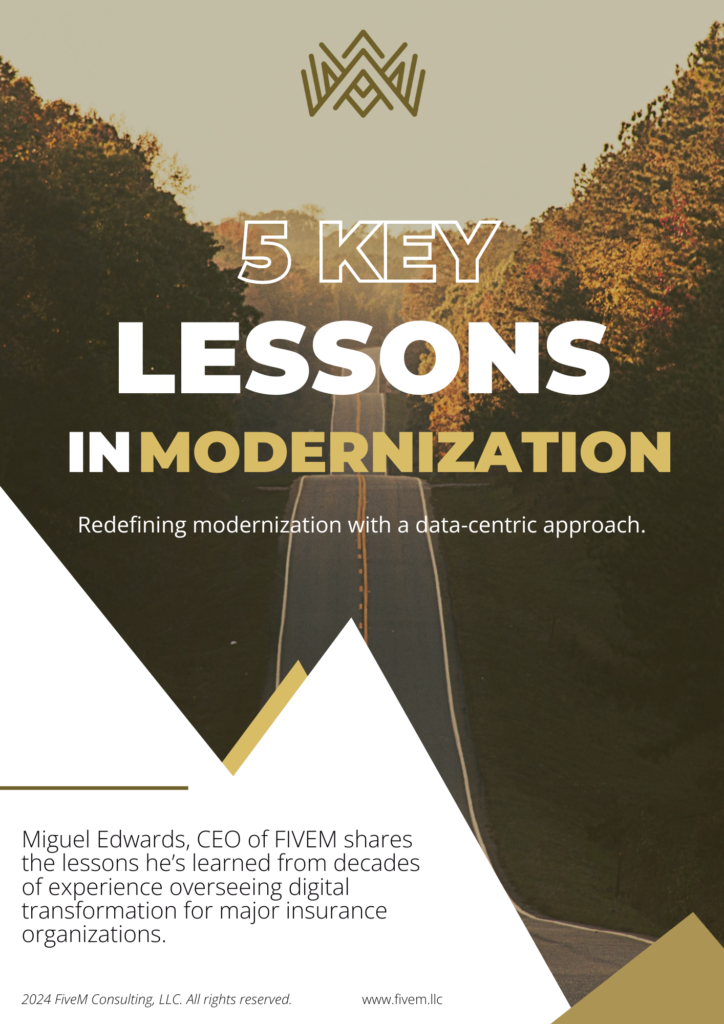Carriers continuously seek competitive advantage through specialized programs and entry into niche markets. On the other side, the insurtech boom has sprouted countless sophisticated firms seeking to fill that gap by means of obtaining underwriting authority, ie. MGAs. While these MGAs provide the unique expertise essential to underwrite policies, carriers are required to take on the risk. Both sides must remember they are courting each other with significant considerations.
When Seeking Capacity
MGAs, many of which are newly minted startups, should not rush into an agreement with the first program manager who smiles their way. MGAs should think deeply about the criteria they seek in a partner before reaching out.
The Basics
- Appetite…
- How are they rated?
- Do they work with non-admitted products?
- What is their geo footprint?
Service & Support
- Do they provide a 1:1 contact or team dedicated to working with MGAs?
- What type of regulatory and compliance expertise are they willing to share?
- Are they able to offer, or push, any resources for underwriting guidance?
- What about claims?
Their record
- Have they provided capacity for MGAs or products at a similar stage of maturity?
- What type of risk-sharing agreements do they prefer?
- What about contingent profit and commission rates?
- Do they historically exhibit balance sheet flexibility if accompanied by positive results?
Word of caution: Yes, NDAs are required, but be careful to understand a potential suiter’s appetite before sending an executive summary or considering a meeting or demo. There is no need to meet with innumerate carriers who may not be interested. Your time is precious. Your ideas and tech are valuable. Tourism exists.
When Assessing an MGA
Shiny tech and innovative underwriting models sure are sexy, but carriers must look beyond first impressions to truly assess the potential of a successful relationship. Below are a handful of starter questions to ask before proceeding with deeper consideration.
The Basics
- Financials & results…
- What is their customer acquisition strategy?
- Do they have systems for rate, quote and issue?
- If a startup, what is the timeline to scale?
The Company
- What is the makeup and experience of the management team?
- What has their company journey looked like thus far?
- What aspects of operations are handled by a third-party vs in-house?
- Are they reinvesting profits?
- How is their product roadmap aligned with their core?
What Is The Need
- Who else are they working with? Carriers? Other capital backers?
- What type of arrangement is the MGA looking for?
- How confident are they? What level of risk do they seek to hold?
- Why now?
The Assessment (non-comprehensive)
- How do we feel about the commercial due diligence?
- Controls, controls, controls – from authority levels, to Bordereaux reporting and aging analysis, what do these look like?
- How well are the processes and controls documented?
- Does their business case align with our overall strategy?
Word of caution: Yes, agreements are made contracts signed. However, once you identify an MGA partner’s failure to comply with guidelines, such as not following binding directions or issuing endorsements in violation of the agreement, it is often too late! You must fully trust a partner.
At the end of the day, there is much more to consider than the above. Both carriers and MGAs should remember: matchmaking is a two-way street.





